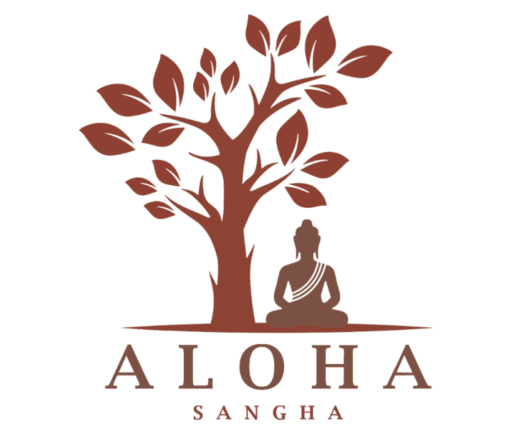practicing present moment awareness
The practice of present moment awareness shows us that whatever we are dealing with does not define us. Difficult stuff comes up, but it doesn’t diminish our well-being.
Maybe right now as you are reading this, you feel a little overwhelmed, anxious or bored. There is well-being in this, too.
Give this a try.
Make yourself comfortable and become aware of how your breath breathes all by itself. How your chest rises ever so slightly on the inhale, and relaxes on the exhale.

Notice how sunlight plays on your desk, how the traffic sounds just the way traffic sounds, the way the phone rings just as phones ring.
enoughness
Notice the enoughness of just this moment, of breathing in and breathing out.
As you settle into the present moment, ask yourself Is anything out of place, really?
The poet Mark Nepo observes:
When sadness or frustration shrinks your sense of well-being, when worry or fear agitates the peace right out of you, try lending your attention to the nearest thing. Try watching how the dust lifts and resettles when you blow on it.
Practicing present moment awareness allows us to simply observe what’s going on in our head. As we settle into this new modality, where we are not really doing anything, it’s like you are eavesdropping on yourself.
just observing
This soft shift from going, doing, comparing, judging, and thinking, thinking, thinking into just observing is like applying the brakes as we approach a stop sign.
Only many of us just roll right through.
But as we learn to slow down and come to a complete stop, we see how much we have to do with our discontent.
I love Rumi’s line here:
Stop weaving and see how the pattern improves.
well-being in things are they are
Our practice is just coming back to this present moment awareness and discovering well-being in things just as they are. This discourages us from being pulled and pushed around so much by our judging, by our likes and dislikes.
And just this soft shift from the busyness of doing to this simple listening in shows us how we are contributing to our malaise moment by moment.
As the late Thai meditation master Ajahn Chah remarked:
If the house is flooded, can we just have a flooded house, and not also a flooded mind?
The Buddha saw we suffer because we don’t have what we want. Or because we have what we want but we’re afraid to lose it.
It’s part of the same mental programming of judging, of likes and dislikes. Living this way, we’re perpetually unhappy.
Our present moment meditation practice reveals that happiness need not be based on our likes and dislikes. There is something deeper. There is something more fundamental.
Just this, our life as it is, right here, right now.
relaxed effort
All that is required is a relaxed effort to be with whatever is coming up for us in the moment without judging or taking sides.
Can we be with our own minds in this way as we go about our busy lives?
Yes, we all have been through a lot this year. We all felt our share of panic and confusion and loss. We are human.
And because of our humanity we also are endowed with present moment mindful awareness and a way to feel pain and suffering without being undone by them psychologically and physically.
With mindfulness, fear becomes an invitation to look deeply and befriend the parts of oneself that feel afraid.
An invitation to be radically OK in the midst of change and uncertainty.
An invitation to feel pain and not be undone or defined by it.
responding with kindness and care
It’s also an invitation to respond with kindness and care.
Buddhism 101.
The American Buddhist teacher Willa Miller writes:
We are sitting with the unknown. The unknown is exactly what pulls back the veil. It offers a glimpse of the truth that nothing has ever been certain. This world with all its beauty and all its vibrancy is just so because it is not fixed, because everything is contingent. Life’s natural cousin is uncertainty.
As we prepare to go back to what we called our normal life, can we slip in a little more home mindfulness practice time?
From our home meditation huts, like the yogis of ancient times, can we keep the home fires of kindness, compassion, and present moment mindful awareness burning.
It will make a world of difference.





